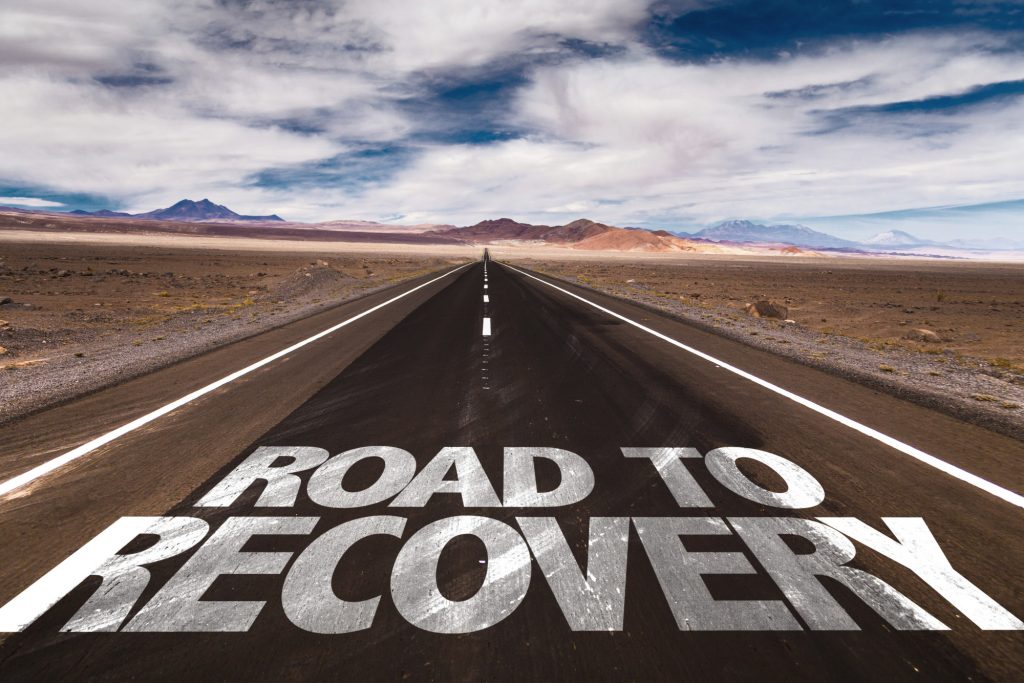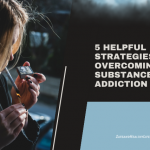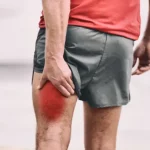
What if you could start the journey to a life free of addiction?
The road away from addiction can indeed be a long one. But you can start walking away from one step at a time, starting today.
10 Steps to Overcoming Addiction and Replacing It with Healthy Habits
Want your journey to begin? Please keep reading to discover 10 steps to overcoming addiction and replacing it with healthy habits!
1. The Support System
A large part of removing unhealthy traditions caused by addiction is replacing them with healthy traditions. And the first tradition you must start is creating and relying on a support network!
Addiction is isolating. And while an addiction treatment center can help in the short term, the best long-term solution is surrounding yourself with friends and family who are willing to help you recover.
2. Personal Triggers
Those addicted to alcohol and other drugs don’t want the substance all the time. Instead, that desire is typically triggered by certain events.
It’s a bit like people who only smoke when they drink. They may be nicotine addicts, but social drinking is the trigger that makes them reach for a pack.
Try to determine exactly what the triggers are for your own addiction. Then (with the help of your support network), do your best to avoid triggering situations that may make you relapse.
3. More Exercise
They say you can’t run away from your problems. But what if you could do just that?
Recent studies have found that increasing your exercise may reduce the impulse to drink alcohol. And it’s possible that more exercise can reduce reliance on other substances as well.
Plus, exercising when you feel triggered is a great way to take control of your life. And getting in shape can help to undo some of the damage addiction has done to your body.
4. Better Diet
As you might imagine, diet and exercise are a package deal. And eating better is another great way to replace unhealthy addiction with healthy traditions.
In addition to helping you get in shape, better nutrition can help rebuild any tissue damage that your body has experienced. Also, a better diet can reduce stress, and this is one of the biggest triggers when it comes to addictive behavior.
Finally, healthy eating helps reduce the chance you develop an addiction to unhealthy foods. You don’t want to replace one unhealthy addiction with another!
5. Avoid Temptation
Earlier, we talked about understanding what your addiction triggers are. Another important part of this is trying to avoid temptation altogether whenever possible.
For example, many addicts are tempted in social situations. When they see everyone else drinking, for example, an alcoholic is that much likelier to reach for a bottle.
Therefore, if you know an environment is going to be full of temptations, try to avoid it altogether. Although you can’t foresee every tempting scenario, so make sure you thoroughly understand your triggers.
Try to get as many friends as possible into your support network. Once they understand your addiction, they will be less likely to invite you into temptation.
6. Less Stress
Like we said before, stress is one of the biggest triggers for alcohol and other addictions. Therefore, you should avoid stress whenever possible.
Unfortunately, it’s important to avoid stress altogether. That’s why it’s important to recognize stress and react in a positive way.
Instead of letting stress build into a breaking point, try to de-stress through things like breathing exercises. Alternatively, you can take a walk and clear your head when the stress starts mounting.
Replacing negative stress reactions with positive ones is one more way you can mitigate the effects of addiction.
7. Making Friends
It’s important to build a great support network around you. This sometimes means you’ll have to let old friends go.
The truth is that some friends will always be bad influences and temptations towards addictive behavior. And many of them will be unwilling to change how they act around you.
Therefore, you should make an effort to make new friends. And doing this has two primary benefits in terms of addiction.
First, it helps you build a support network of sober friends, which helps speed up your recovery. Second, it keeps you from becoming lonely, which is another trigger for addictive behavior.
8. New Routines
Earlier, we discussed the benefits that exercise can have for an addicted person. However, it’s good to take up other new activities as well.
Addictive behavior is usually tied to various other activities. So recovering from addiction means replacing those activities with new ones.
This is another way you can feel like you’re taking control of your own life. And every day spent doing something new and fun will feel like a victory over your old life!
9. Time Outdoors
Exercise may or may not be your favorite activity. But even if you never exercise, you should increase the amount of time you spend outdoors.
Getting out of the house or office is a great way to avoid the feelings of isolation that addiction can often cause. And it provides numerous opportunities for you to meet new people and even join local groups of people with similar interests.
You can also take up outdoor activities like gardening. By helping things grow, you can also help yourself grow into an “all-new you.”
10. Money Management
Addiction often leads to poor financial management. Put simply, addicts are likely to spend way too much money on the things they are addicted to.
As part of your road to recovery, it’s good to improve your money management skills. That includes paying down debts, putting aside more into savings, etc.
This can put you in a better position to do everything from paying your rent to retiring from your job. Better money management can reduce your overall stress, further reducing your potential addiction triggers.
Steps to Overcoming Addiction: The Bottom Line
Now you know some of the steps to overcome addiction. But do you know how to recognize addiction in others?
At Safe and Healthy Life, we bring you tips and tricks to living a better and more productive life. To begin helping your family, check out common signs of addiction among teens!
About The Author:
Stacey Smith is a freelance health writer. She is passionate about writing about women’s health, dental health, diabetes, endocrinology, and nutrition and provides in-depth features on the latest in health news for medical clinics and health magazines.




![[Infographic] Life with Acne: Managing and Embracing Healthy Skin Habits Life with Acne](https://www.safeandhealthylife.com/wp-content/uploads/2023/10/Life-with-Acne-150x150.webp)